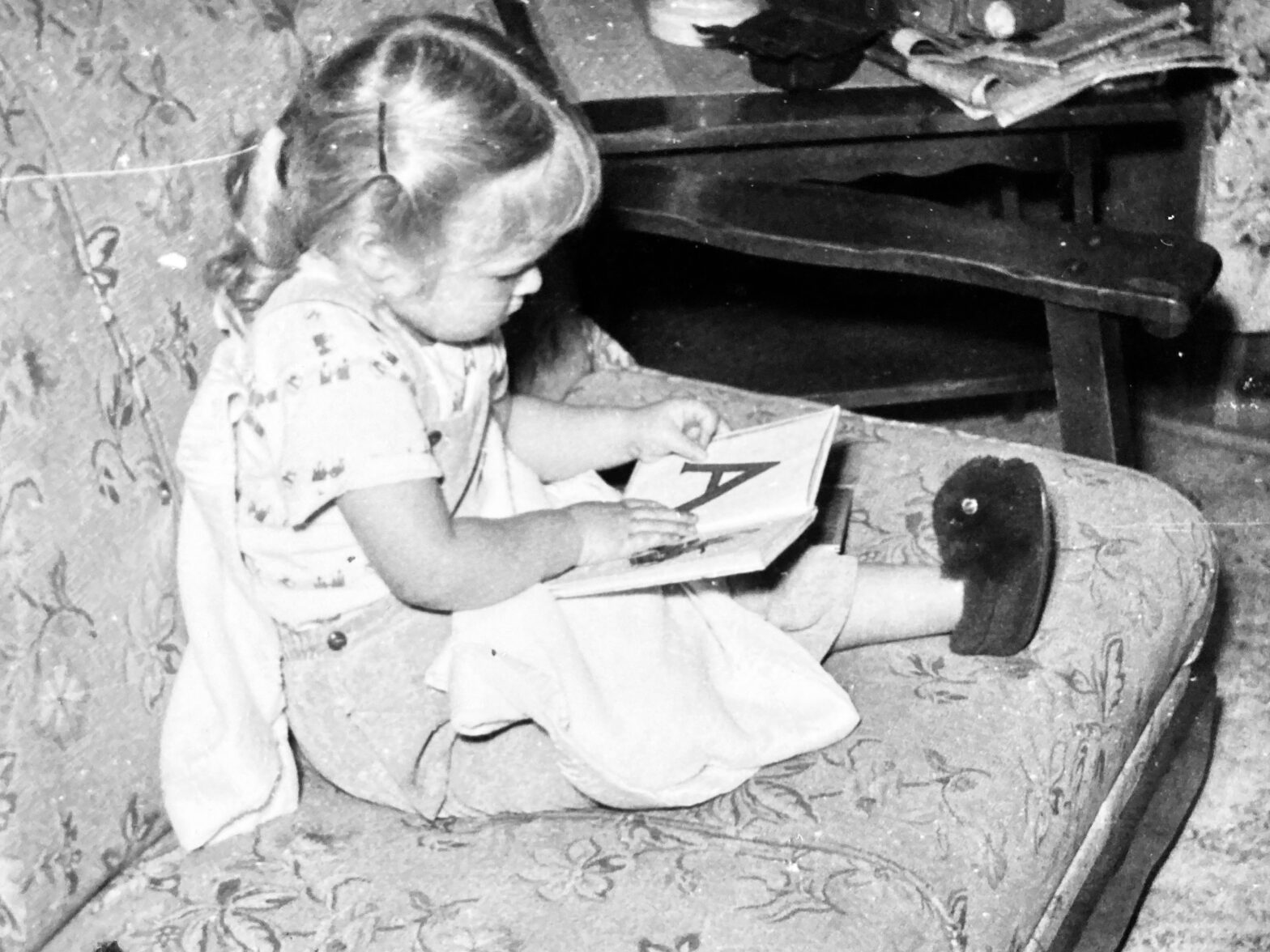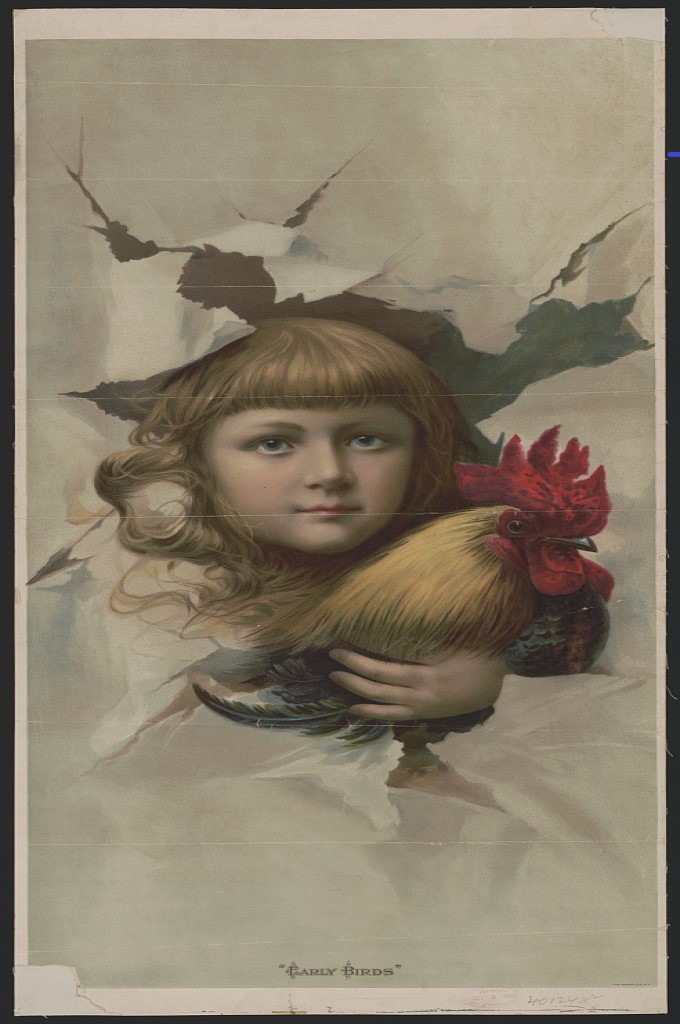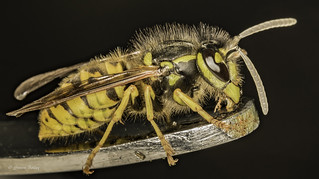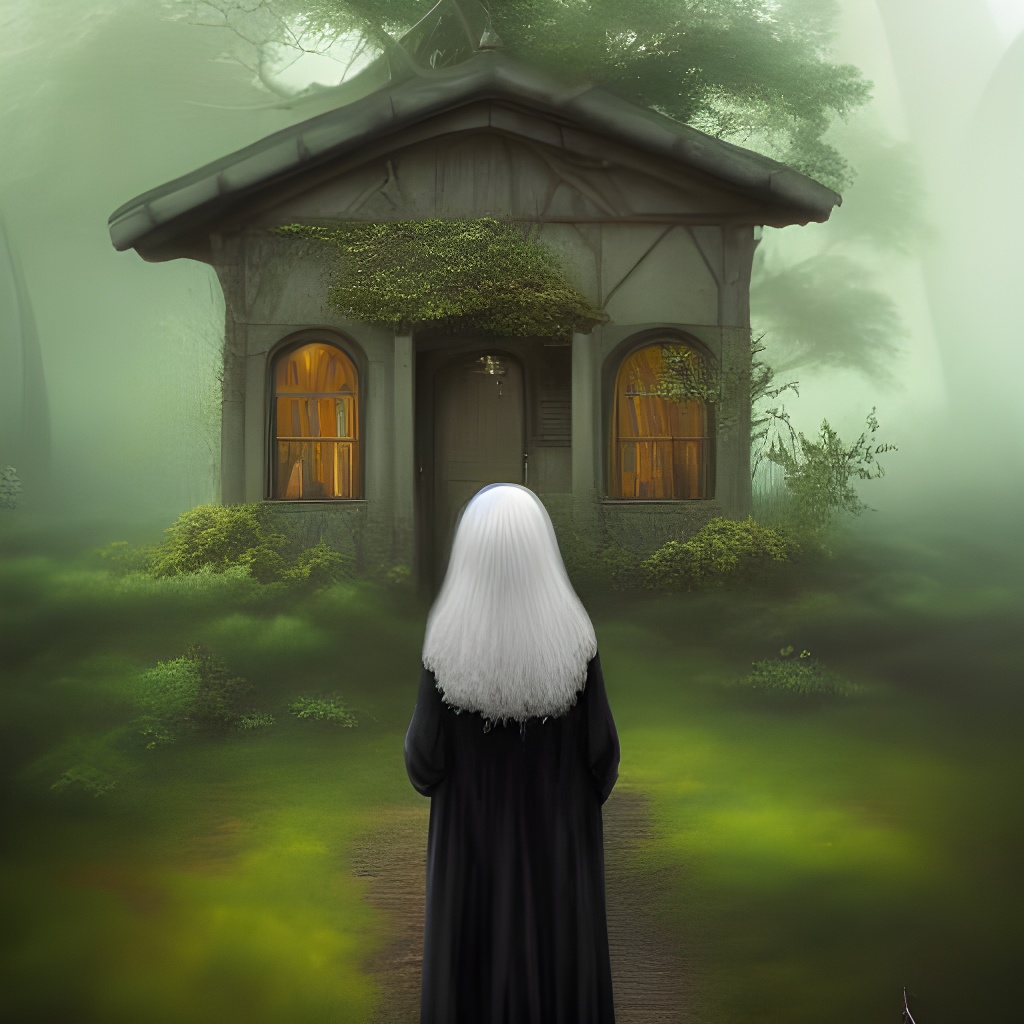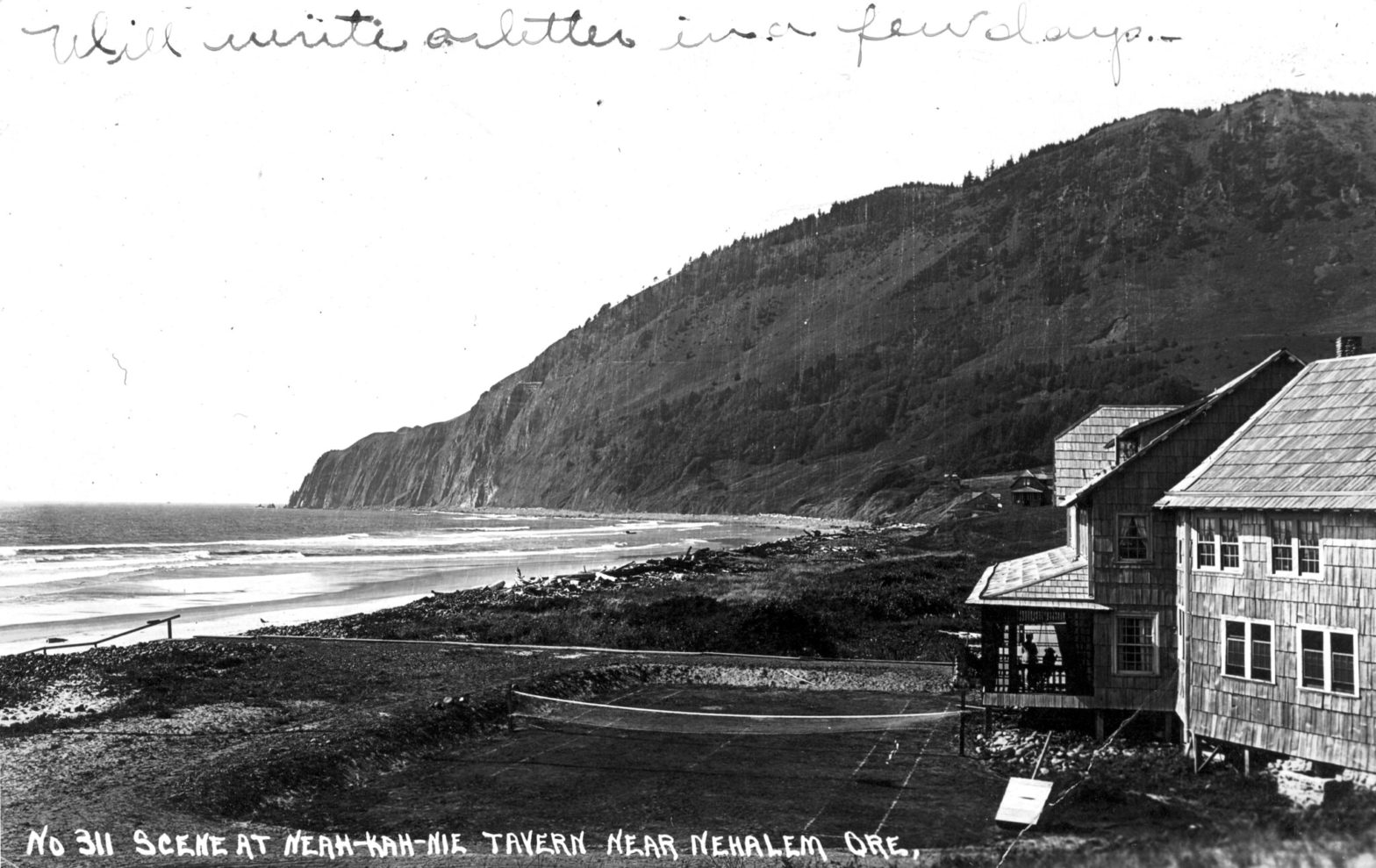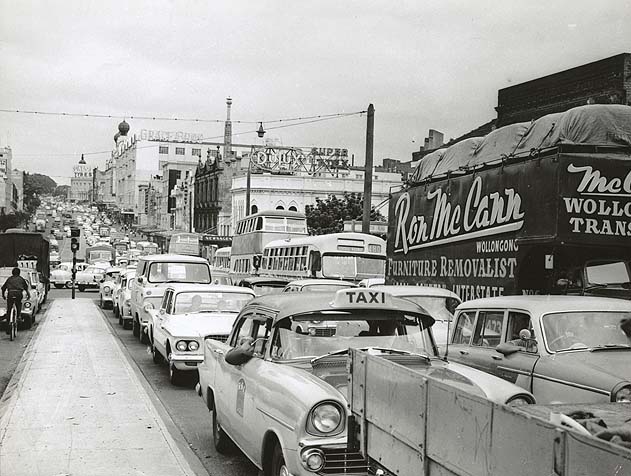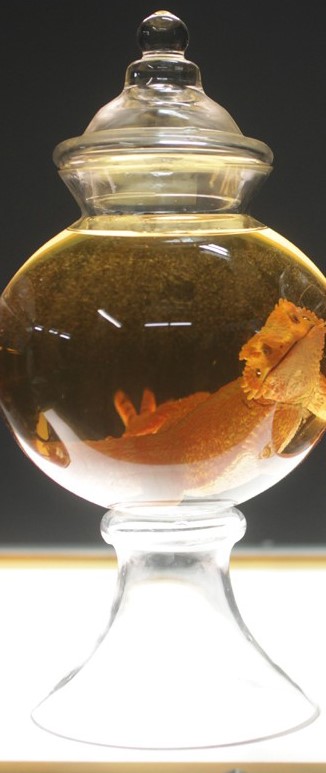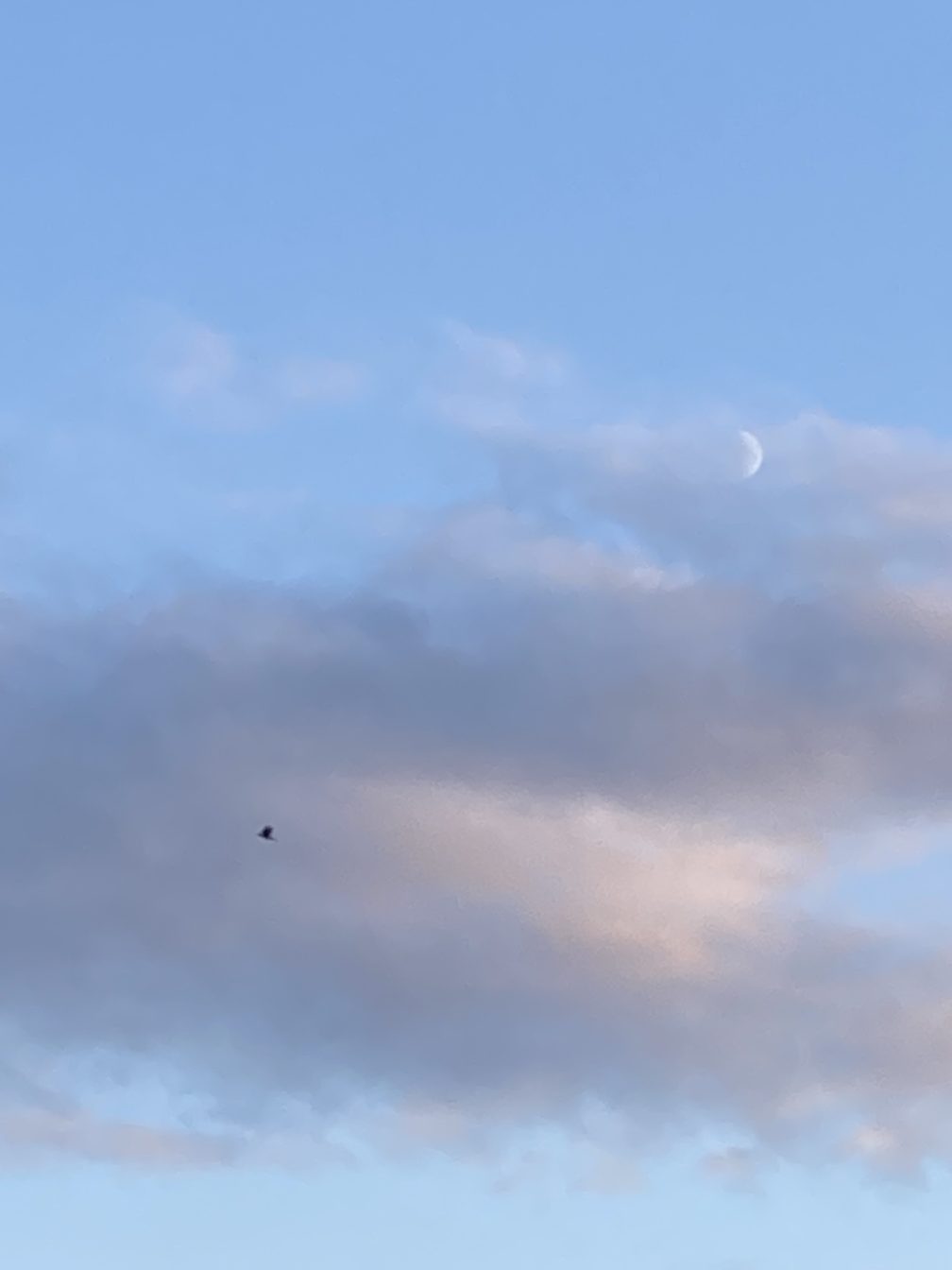She was perpetually hungry. For as long as she could remember the gnawing emptiness of her gut had been the very definition of existence. She attempted to erase or ease or appease it with any manner of food.
As a youngster, Mum had found her gobbling up live ants as they exited their nest at the corner of the front porch. “Biddy! Have done!! Them’ll sting yer tongue. Dinner’s but five off.”
Another time her older sister, Margee, caught her climbing a tree in the woods trying for a nest of hatchlings. “Git doon, Biddy. Them’ll peck yer throat. Here, I’ll dig ye some worms at the creek.”
Margee was always hungry too so they ate nasty worms to tide them ‘til supper.
As much as Biddy and Margee ate, they never grew fat; nice slender girls they were. They grew up to be nice slender young women, but none too comely either of them.
Margee married a fat man and moved away. Biddy stayed at home with her mum in the small cottage in the woods. There was more to eat once Margee was out of the house. And after Mum died, there was even more.
For a time, Biddy’s hunger was slaked. And when there was not quite enough in the larder, neither Mum nor Margee was around to tell Biddy she ought not to eat ants and hatchlings.
This period of satiety inspired Biddy to pursue other projects. When flour was plentiful, she taught herself to bake elaborate pies and cakes in the ancient wood fired oven at the back of the cottage. It was a tetchy thing and hard to get started, but once it was hot, the oven was a good baker. Biddy made bread too, which she shared with the crows that hung about the cottage, talking to her from high in the trees. Most days her conversations with the crows were the only ones she had; the few neighbors who lived close by disappeared without ever saying good-bye. Most would find it a lonely life but Biddy enjoyed her solitude.
She discovered a joy in painting and spent many contented hours adding colors to the inside and exterior of her little house. She was no artist, she knew, but was gratified to hear a passing stranger agree with his frolicking child that her cottage looked good enough to eat. Biddy smiled and waved her paint brush at the man and child. Her stomach rumbled.
Eventually, the hunger returned. Like a fury. Neither food from the larder nor ants, nor baby birds, nor worms could squelch the ravening pains. Mum was long gone and no help. But there was still Margee and her fat husband. Biddy decided to pay them a visit. She put on her very best black dress.
She emerged from the woods into glaring sunlight. It hurt her eyes, which she squeezed nearly shut. She hunched her shoulders, drawing her head downward to evade the heat. How could Margee bear this brightness?
Fortunately, her sister’s house was close to the forest. Enclosed by a sturdy fence, the yard was itself filled with shrubs and trees and a small vegetable garden. Margee had done well for herself.
Two young children played in front of the house but quickly caught sight of Biddy as she stood before the gate. The little girl, clearly the bolder of the two, ran to greet her. “Good morning, Ma’am. Are you here to visit Mama?”
“Mama?” Biddy’s voice came out a croak. It had been a long time since she had spoken to anyone. “Yes. If your ma’s name is Margee.”
“Yes, ‘tis.” The girl nodded eagerly as the boy drew closer.
Biddy smiled and licked her lips. “I am Margee’s sister. That makes me your auntie, I suppose.”
The boy turned and ran toward the house shouting for his mama. The girl stood staring at Biddy. She smiled at first but by the time Margee was on the porch, then heading down the walk, the girl’s smile had faded. A knowing one, Biddy thought, and frowned at the little jade.
Margee did not seem pleased to see her but turned her wrath upon the children. “Git inside you two, there’s pots in ta kitchen need scrubbing.” The children fled back to the house. Margee leaned on the gate but did not invite Biddy in. “And what might you be wantin’?”
“Just a visit wit ma sister. Ye look good Margee, yu’ve gained weight.” And indeed she had. Her once boney form had taken on voluptuous proportions. “Marriage must agree wit yu.”
Margee grinned sourly. “It did, but the old man is gone now and I’m left wit his brats.”
“They look like sweet kids to me.”
“Maybe, but they’s not worth the trouble it takes to feed ‘em. They ain’t mine, ya know; old man had another woman b’fore me. And I can’t look out for another husband while I have two skinny kids in tow.”
“I’ll take ‘em off yer hands. Bring ‘em to the cottage and then ye can go husband hunting. Let ‘em stay with old Aunt Biddy for a spell. At least ‘til ye find another fat man to marry.”
Margee said nothing but her eyes gleamed greenly.
“Invite me in for tea?” Biddy laid her hand on the gate latch.
Margee swatted her away. “Not today, Bid. But I’ll take ye up on yer offer to babysit. I’ll bring Hansel and Gretel into the wood early tomorrow morning. I’ll even throw in a loaf of fresh bread.”
“Thank ya, sister, I’ll take good care of ‘em, I will.”
Her stomach growled loudly as Biddy turned toward home. She would stoke a fire in the wood stove as soon as she got there and plan a veritable feast. And serve her niece and nephew.


